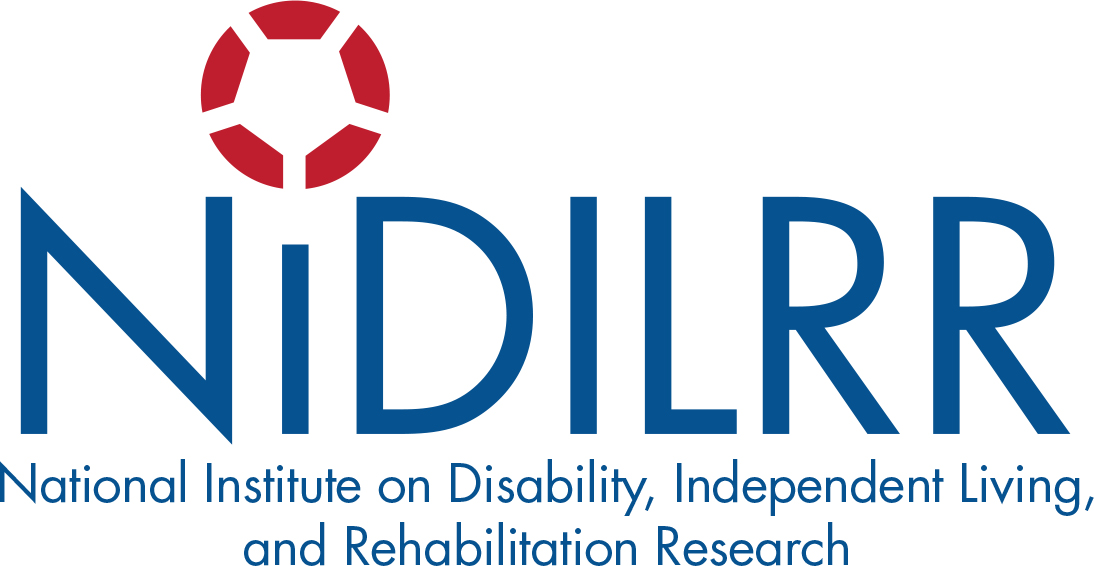Respiratory Management Following Spinal Cord Injury (PDF)
Clinical Practice Guideline published by the Paralyzed Veterans of America and the Consortium for Spinal Cord Medicine.
Respiratory Management: Clinical Practice Guidelines
The University of Alabama at Birmingham Spinal Cord Injury Model System provides this website as an auxiliary resource for the primary care of patients with spinal cord injury.The contents of this website were developed under a grant from the National Institute on Disability, Independent Living, and Rehabilitation Research (NIDILRR grant number 90SIMS0020). NIDILRR is a Center within the Administration for Community Living (ACL), Department of Health and Human Services (HHS). The contents of this website do not necessarily represent the policy of NIDILRR, ACL, HHS, and you should not assume endorsement by the Federal Government.



